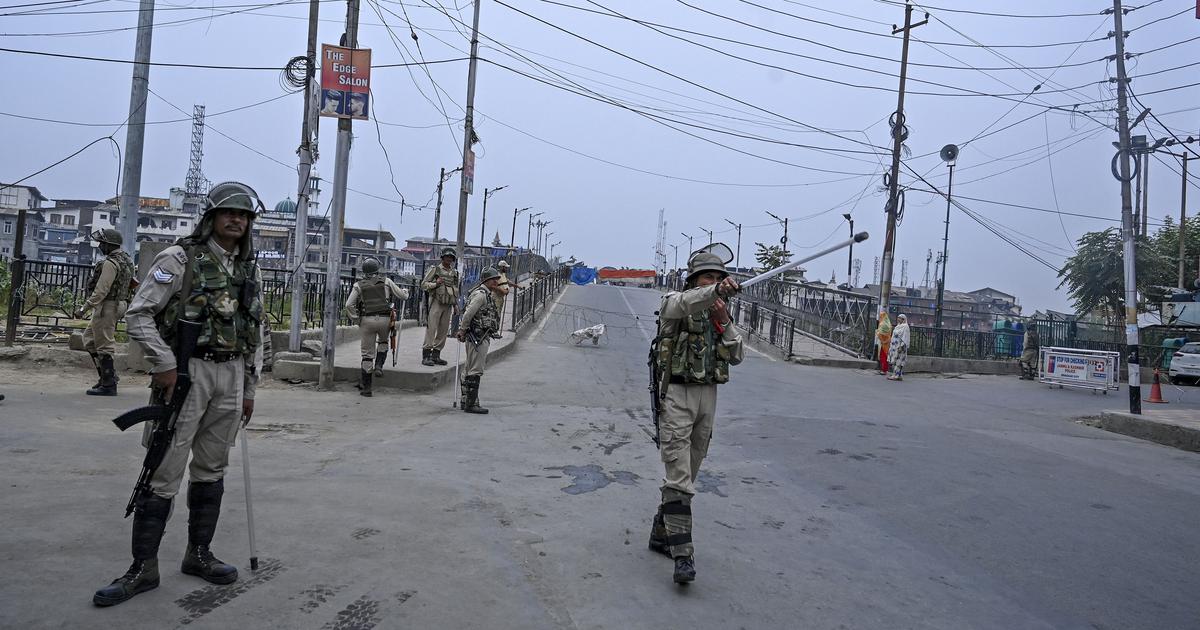Senior Advocate Huzefa Ahmadi, appearing for Foundation of Media Professionals, observed that doctors find it difficult to function effectively in the absence of 4G speed. Highlighting the number of COVID cases (701 cases and 8 deaths). Notably, the number of cases has increased in the state. Ahmadi asserted that the fundamental right to access to health care must be given importance. However, the bench stated the government’s claims that high-speed net will lead to terrorism. Ahmadi contended that most cases of terrorism happened in the region when there was no internet at all. Adding, that the State did not show any connection between 4G and terrorism. Above all, speed restrictions have affected online education.
Earlier, in a PIL, Ahmadi pointed out that the Court should also consider other issues surrounding internet speed restrictions. The Central government had imposed a complete communications blackout in the state of J&K in August 2019. Months later the services partially restored, only at 2G speed for mobile users. Meanwhile, the Supreme Court entertained another petition for the restoration of 4G internet services.
Subsequently, the J&K administration passed several orders retaining the speed restrictions. The restrictions have been extended till May 11. The administration went on to clarify that the speed restrictions have not affected COVID-19 control measures and online education.

